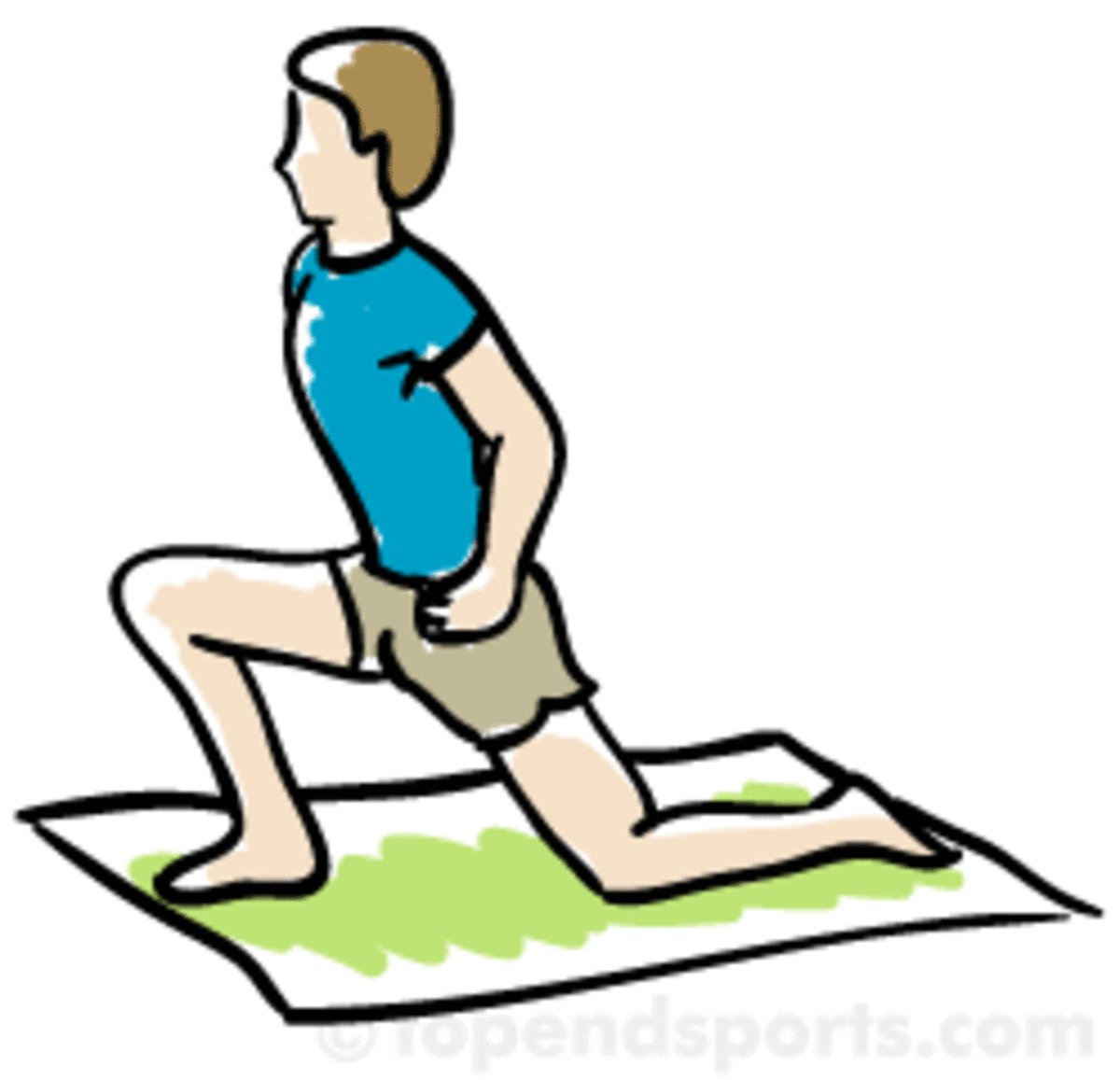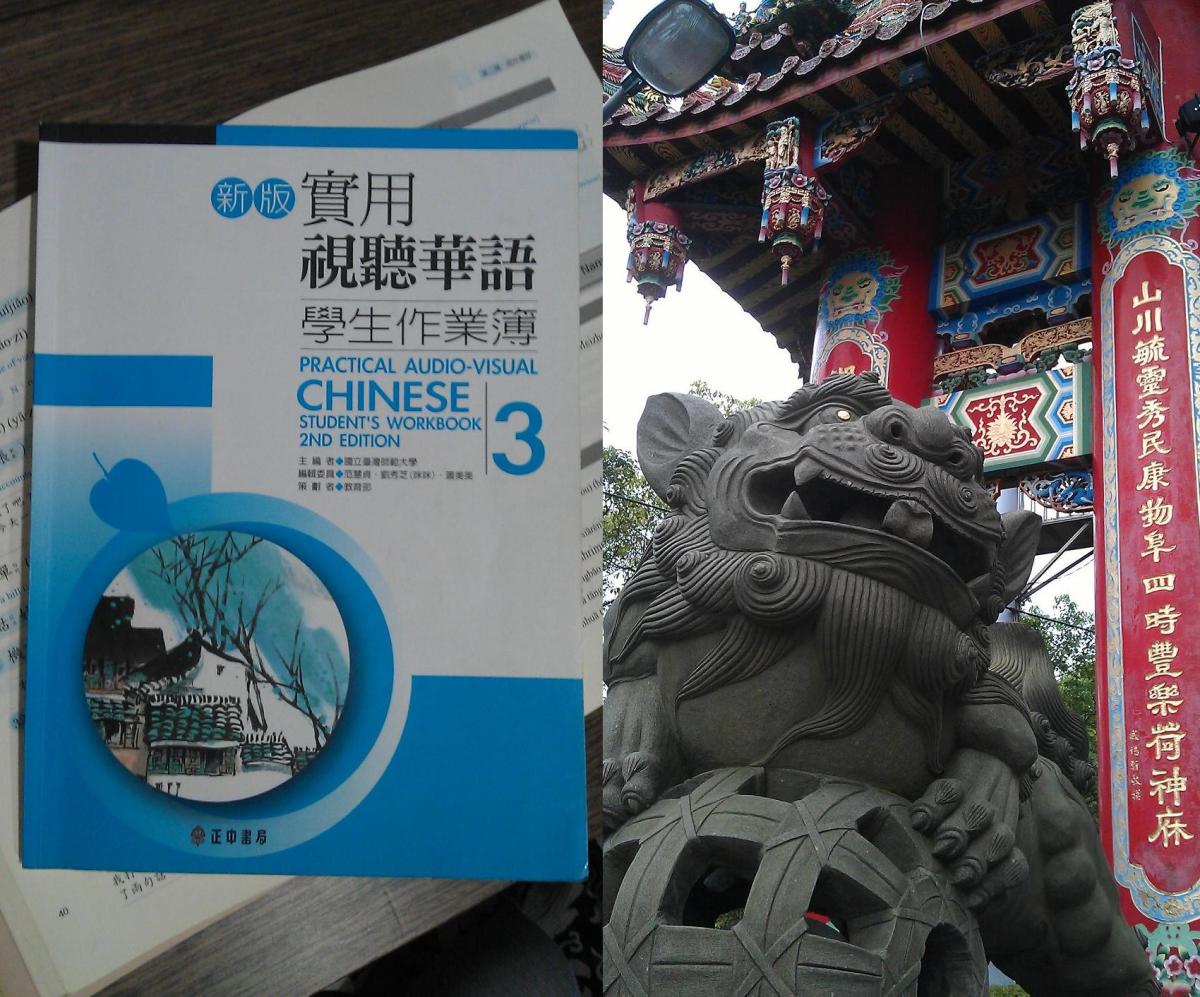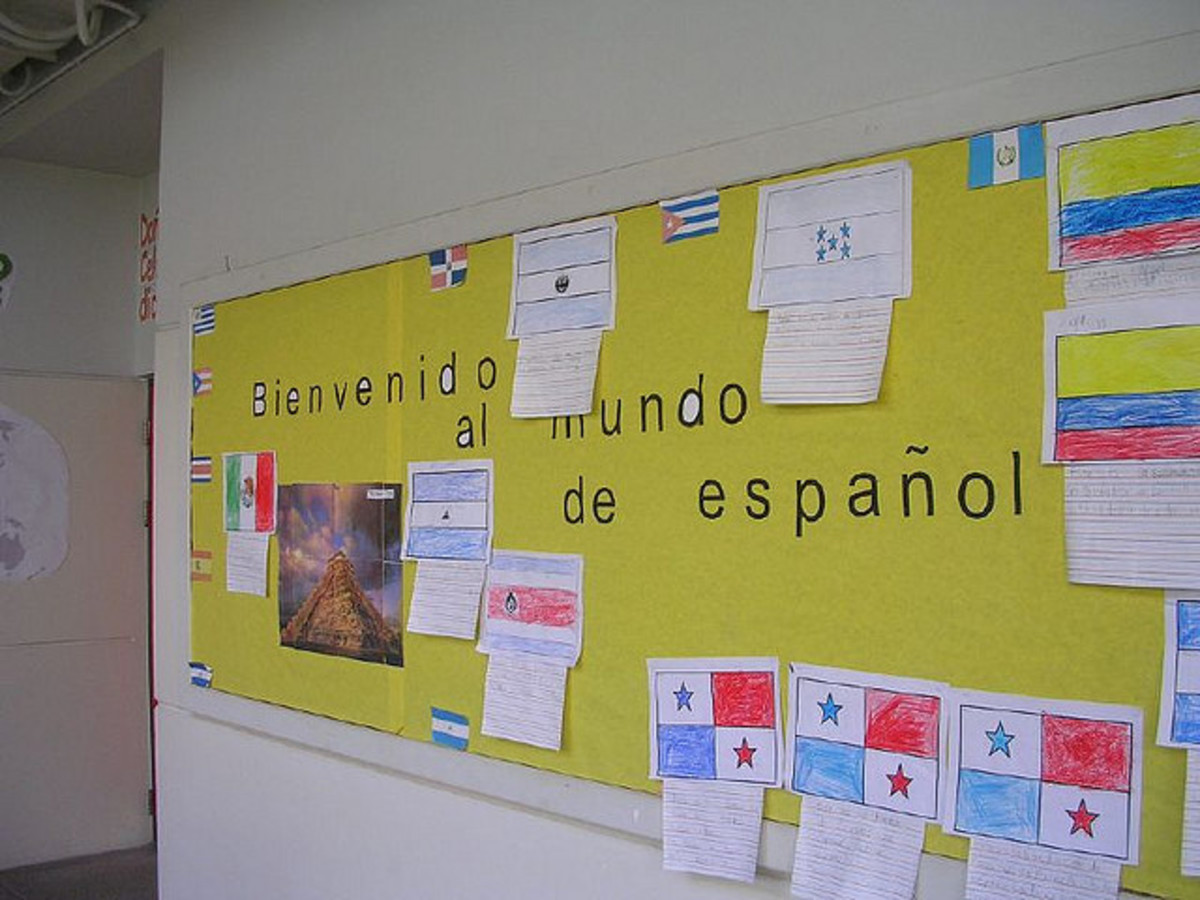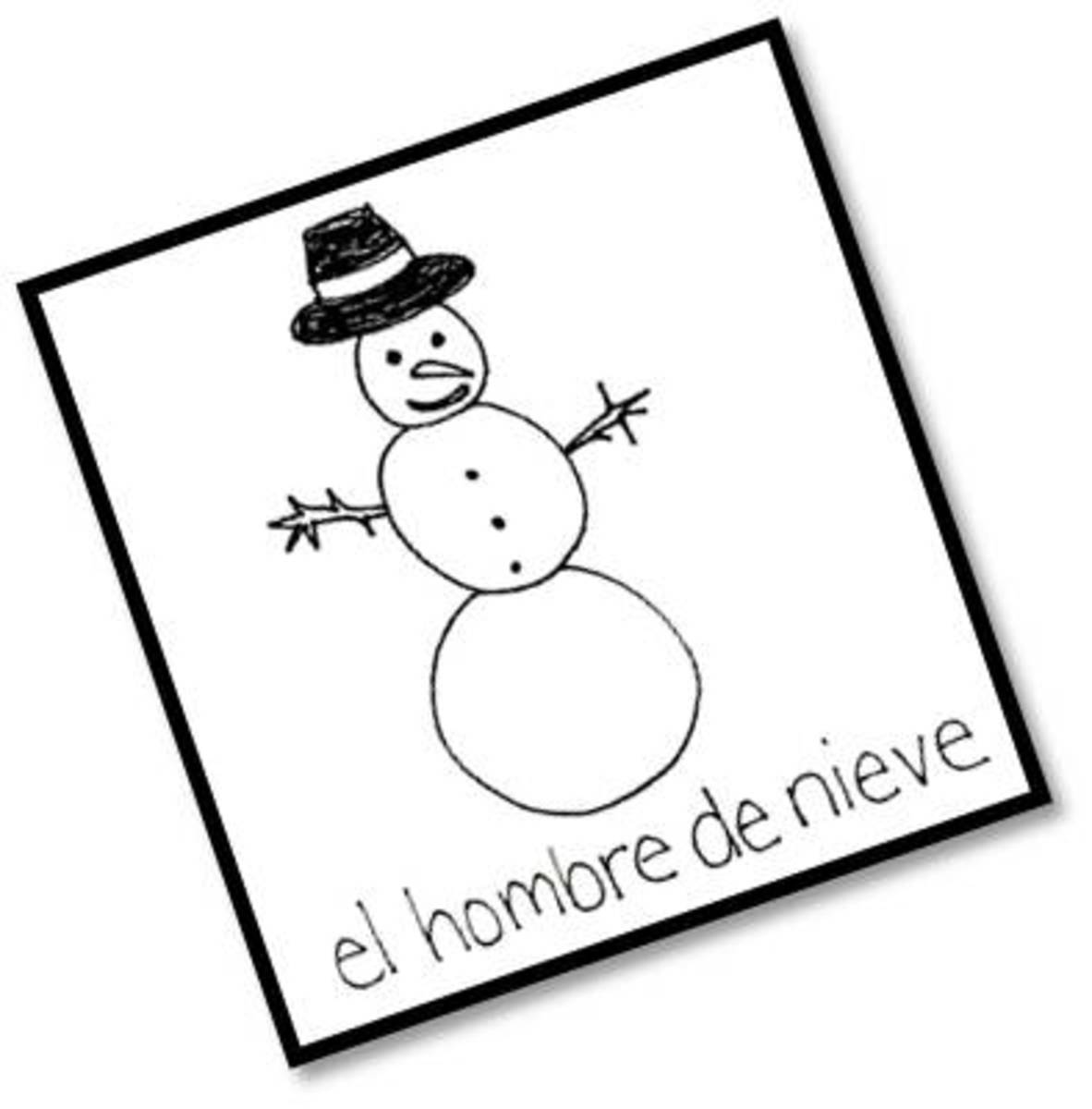Spanish Lesson Forty-Nine: Describing Weather

Hey Readers!
Welcome back! I'm so excited about being back and sharing my Spanish lessons with everyone. Have you missed me? Well... if you didn't that's okay. I hope I'm refreshed enough to start back strong. i realize I've been tired a lot and making a lot of mistakes so I want to apologize for that. Now that I'm super refreshed it's time to learn some Spanish!! So back on May 5th we discussed Describing People. I hope that lesson was useful for you. I really wanted to help those learning to understand how saying certain things require specific execution. This week let's work on Describing The Weather. I originally wanted to have this in another lesson, but it was just too much. So here's your opportunity to learn how to describe the weather. It's a great time of year to learn this.
Also, on May 31, 2013 I'd like to invite you all to my One Year Anniversary here at HubPages. It'll list my most successful and memorable hubs. I'll post that on the 31st.
Today's Goals: To learn how to describe weather conditions. To be able to utilize information in daily conversation.

Today's Vocabulary
Today's vocabulary is the normal hodgepodge of nouns, verbs and adjectives. I hope you all are enjoying these lists. I'm hoping to shake things up and bring vocabulary to you in a different format. I'll keep you posted on that, though. So welcome back, check out the vocab, and continue reading.
Today's Tip: Watch your favorite movie in Spanish just for fun. You never know how it might help you learn proper pronunciation.
Verbs
To Need: Necesitar
To Deny: Negar
To Snow: Nevar
To Obey: Obedecer
To Observe/To Notice: Observar
To Obtain/To Get: Obtener
To Occupy: Ocupar
To Occur/To Happen: Ocurrir
To Offer: Ofrecer
To Hear: Oír
Nouns
Office: La Oficina
Computer Desk: El Escitorio
Computer Chair: El Sillón
Laptop: El Laptop
Printer: La Improsora
Fax Machine: El Telefax
Bulletin Board: El Tablero de Anuncios
Adjectives
Ugly: Feo(a)
Pretty: Bonito(a)
Nice: Simpático(a)
Mean: Antipático(a)
Predictable: Previsible

Warm-Up
Today's quiz is a three question format from Lesson Twenty-One. I'm hoping you have retained some of the information. If you haven't then that's okay. You can always go back and review that lesson. Also buddy up with someone and practice your pronunciation. I'd check online for some videos since that is one resource lacking here. It always helps to have a foreign speaker as a friend.
English Word
| Spanish Equiv
|
|---|---|
Weather
| El Tiempo
|
Cloudy
| Nublado*
|
Windy
| Viento*
|
Hot
| Calor*
|
Cold
| Frío*
|
Nice
| Buen Tiempo*
|
Bad
| Mal Tiempo*
|
Snowing
| Nieva
|
Raining
| Llueve/Lloviendo*
|
Sunny
| Sol*
|
Brisk
| Fresco*
|
Foggy
| Niebla*
|
Humid
| Humedo*
|
Dark
| Oscuro
|
Describing Weather
Hey everyone! Now that's it's summer, I thought it'd be a great opportunity to learn about discussing the weather in Spanish. I tried to discuss this before, however, it wouldn't fight within a listen as it is actually quite a bit of material. Discussing the weather can be a bit of a pickle as several phrases don't act like phrases we would normally say. Anyway, check out this lesson and let me know what you think. The first thing I'd like you to know is asking how is the weather.
¿Qué tiempo hace? What does the weather make? This is the literal translation of the question. Now answering can be a bit complex as not every answer includes "hace" or any other form of the verb. Remember that "hacer" means "to do" or "to make". So the weather has to "make" something. So here are the words associated with Hacer.
Hace Sol. It makes sun (it's sunny out).
Hace Viento. It makes wind (it's windy out).
Hace Calor. It makes hot (it's hot out).
Hace Frío. It makes cold (it's cold out).
Hace Buen Tiempo. It makes nice weather (it's nice out).
Hace Mal Tiempo. It makes bad weather (it's bad out).
Hace Fresco. It makes fresh/brisk (it's brisk out).
Those definitions are more exact, but think of it as the weather makes a certain effect. There are more expressions using hacer. Remember the verb is conjugated in third person so hacer is always conjugated that way. If you want to talk about weather in the past, simply conjugate hacer in the Preterit or Imperfect tense in the third person. There are, however other expressions that don't fit in this category.
Está Nublado. It's cloudy.
Está Oscuro. It's dark.
Nieva. It snows.
Llueve. It rains.
Hay Niebla. There is fog (it's foggy out).
Hay Humedo. There is humidity (it's humid out).
Yep. There's more and all of the expressions are used differently. Now the first two are simple. They mean exactly what they say. They are formed with the verb Estar + Adjective. There are more phrases formed this way, of course. Llueve and Nieva are conjugated forms of the verbs Llover (To Rain) and Nevar (To Snow). You can also conjugate those verbs using Estar and their Gerunds to form the Present Progressive.
What about Hay? Well don't pronounce it like "hey", but pronounce it like "I". Hay is a verb meaning There is or There are. So when you say Hay Niebla, you are saying There is fog. This verb is quite mysterious, but is used in many expressions.
Final Note: There are also other ways to ask how the weather is. You can also use:
¿Qué clima hace?
¿Cómo está el tiempo?
For a list of other expressions and other ways to ask about the weather, check out the links provided at the end of this lesson. Thanks for sharing!

Homework
I'm continuously grateful for all the support over this past year. I am known for these Spanish lessons and they get a good bit of viewership. Well some more than others, but it happens I guess. Anyway, your homework for today is to conjugate the following verbs in the Present Indicative, Preterit, and Imperfect tenses. This is just practice and helps you get acclimated to conjugating verbs in the most important tenses of Spanish. There are also other ways to conjugate like the Subjunctive, Future, and Conditional tenses. I have lessons for all of those tenses if you're interested. You can always find charts on each verb if you need help.
Lesson Five,Lesson Twenty,Lesson Twenty-Five, and Lesson Thirty-Five can be used to help you conjugate these verbs so check them out when you can.
Agitar (To Agitate, To Wave, To Shake Up, To Stir)
Agotar (To Exhaust, To Use Up)
Agradar (To Please, To Be Pleasing)
Thanks so much for reading today! Next Monday is Lesson Fifty!! Together we'll review all of the most important concepts learned thus far. Master Review Part One!
Verb
| Yo
| Tú
| Él/Ella/Usted
| Nosotros
| Ellos/Ellas/Ustedes
|
|---|---|---|---|---|---|
Advertir
| Advierto
| Adviertes
| Advierte
| Advertimos
| Adivierten
|
Afeitarse
| Me Afeito
| Te Afeitas
| Se Afeita
| Nos Afeitamos
| Se Afeitan
|
Agarrar
| Agarro
| Agarras
| Agarra
| Agarramos
| Agarran
|
Verb
| Yo
| Tú
| Él/Ella/Usted
| Nosotros
| Ellos/Ellas/Ustedes
|
|---|---|---|---|---|---|
Advertir
| Advertí
| Advertiste
| Advertió
| Advertimos
| Advertieron
|
Afeitarse
| Me Afeité
| Te Afeitaste
| Se Afeitó
| Nos Afeitamos
| Se Afeitaron
|
Agarrar
| Agarré
| Agarraste
| Agarró
| Agarramos
| Agarraron
|
Verb
| Yo
| Tú
| Él/Ella/Usted
| Nosotros
| Ellos/Ellas/Ustedes
|
|---|---|---|---|---|---|
Advertir
| Advertía
| Advertías
| Advertía
| Advertíamos
| Advertían
|
Afeitarse
| Me Afeitaba
| Te Afeitabas
| Se Afeitaba
| Nos Afeitábamos
| Se Afeitaban
|
Agarrar
| Agarraba
| Agarrabas
| Agarraba
| Agarrábamos
| Agarraban
|
Links Used As References
- Weather Expressions
Spanish grammar. Discussion: weather expressions. - Discussing the Weather in Spanish - El Tiempo - YouTube
This video details how to discuss the weather in Spanish. I will give you many different phrases that can be useful. I will also give you a chance to quiz yo... - Weather Terms - Learn Spanish Vocabulary
Expand your Spanish vocabulary with this list of weather terms.








